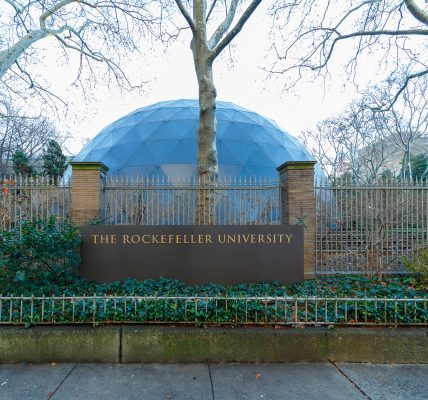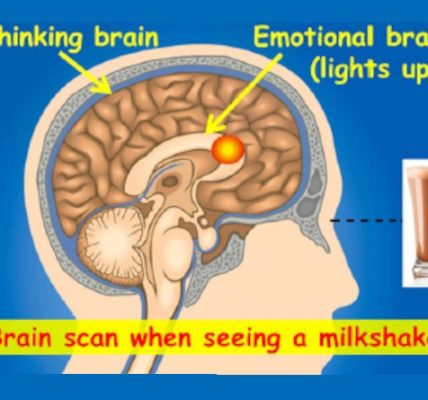The Mechanics of Addiction: Dopamine and the Brain’s Reward System

In a seminal paper entitled, “Introduction: Addiction and Brain Reward and Anti-Reward Pathways,” Eliot L. Gardner, Chief of the Neuropsychopharmacology Section of the National Institute on Drug Abuse, lays out the pathways taken by addiction and withdrawal through the brain.
Addictive substances and addictive activities stimulate the brain’s reward systems. The reward is always delivered through dopamine. “The crucial brain reward neurotransmitter activated by addictive drugs is dopamine,” says Dr. Gardner. All addictive drugs have dopamine reward in common. Those suffering from substance use disorders continue to self-administer to maintain dopamine levels within a satisfactory range.
The reward system then switches gears. Withdrawal becomes unpleasant until users are not taking the drug to get high but taking it to keep from getting sick. “Addiction appears to correlate with a hypo-dopaminergic dysfunctional state within the reward circuitry of the brain,” writes Dr. Gardner, who cites neuroimaging and other evidence.
The reward pathways of the brain were found through animal research that determined electrical stimulation of areas of the brain would cause animals to give up food, water, sex, and ultimately their own health and survival to keep activating a button for an electrical boost. Using these methods, scientists have been able to develop a scale of “brain reward intensity that appears to track the rewarding-enhancing properties of addictive drugs with accuracy and consistency,” according to Dr. Gardner.
The withdrawal phase of the reward system has been described by George F. Koob and Michel Le Moal in work reviewed here on AddictionNews. Koob and Le Moal propose an opponent brain reward system that inhibits brain reward, forcing a ratcheting up of dosage to reach the same level of dopamine.
Dr. Gardner offers a refreshingly non-judgmental definition of substance use disorder: “Addiction is a chronic progressively deteriorating disease characterized by compulsive drug use in the presence of harm to the addict and to the addict’s life.” This comes in the context of distinguishing between dependence and addiction. It’s normal to become dependent upon life-saving medications, for example. It’s not healthy to become dependent upon things that harm you.
This research tracks very well with “A Unified Theory of Addiction” proposed by Dr. Robert Pretlow, publisher of AddictionNews. Dr. Pretlow posits a build-up in brain energy resulting from anticipation of reward. This urge is satisfied through indulgence, which delivers the dopamine hit. Dr. Pretlow is exploring ways to displace the energy without giving into compulsive behavior.
Due to the stressed reward system, recovery usually involves a period of detox followed by a period of retraining. Unless sufferers change their underlying behavior — their methods of stress relief — they tend to relapse into old habits. As Dr. Gardner concludes:
[O]ur goals are really two-fold: first, to rescue addicts from the clutches of their addictions, and second, to restore their reward systems to a level of functionality that will enable them to ‘get off’ on the real world.
Written by Steve O’Keefe. First published January 29, 2024.
Sources:
“Introduction: Addiction and Brain Reward and Anti-Reward Pathways,” by Eliot L. Gardner, PhD, Advances in Psychosomatic Medicine, April 2011.
“Does Addiction Destroy the Brain?” AddictionNews, November 15, 2023.
“A Unified Theory of Addiction,” Robert Pretlow, M.D., March 2023.
Image Copyright: slasta.





4 COMMENTS